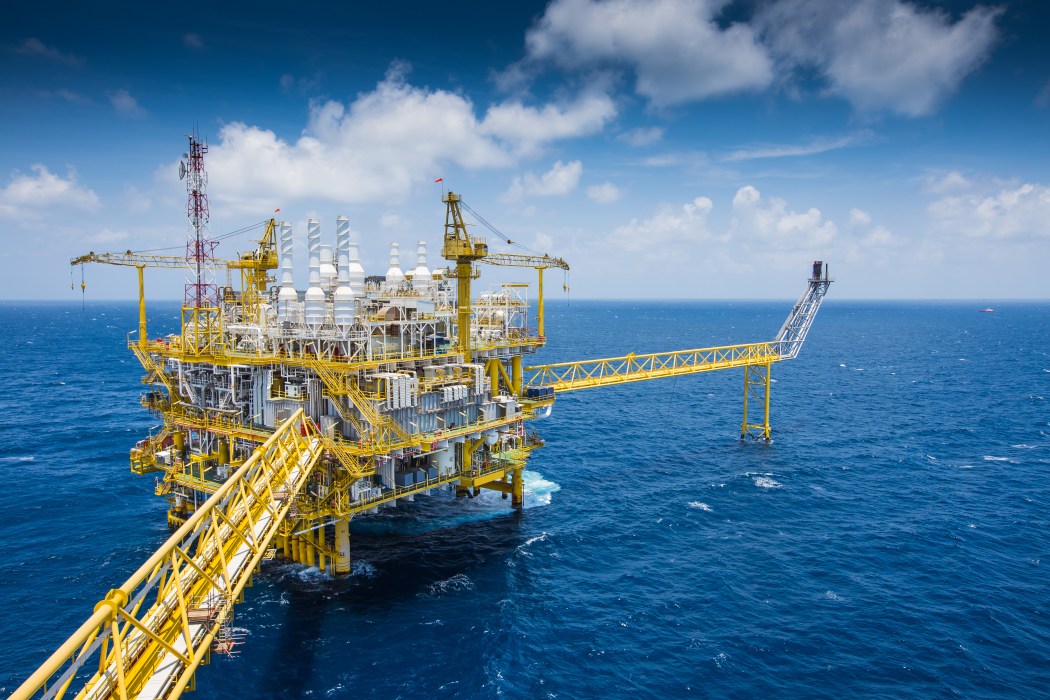Petroleum association appeals to gov’t over COA ruling, cites negative impacts
- August 9, 2016
- 0

The Petroleum Association of the Philippines (PAP) has turned over its concerns to the government regarding the ruling by the Commission on Audit (COA) that exploration companies should settle their unpaid obligations amounting to P53.14 billion.
In a briefing yesterday, PAP executive director Benjamin Austria said they have relayed their concerns to Department of Energy (DOE) Secretary Alfonso Cusi. Inconsistency in the country’s laws and contacts will discourage investors, he said.
“We are very concerned by law and by contract,” he said. “We need investors but if we show that we don’t have a clear investment policy, the industry will be affected. If you change the terms, if you kill the industry then we cannot develop this for the country.”
“We usually need investors, although we have a vigorous local industry we need partners to go after the capital-intensive projects,” he said.
In 2009, an investigation by COA found that P53.14 billion in taxes were uncollected from the Malampaya project, which is operated by Chevron Malampaya LLC, the Philippine National Oil Co. Exploration Corp. (PNOC-EC) and Shell Philippines Exploration B.V. (SPEx)
SPEx filed an arbitration case in July against the government with the International Centre for Settlement of Investment Dispute. In late 21015, they also filed the same motion with the Singapore International Arbitration Centre.
A meeting has yet to be set between the association and the energy secretary.
“We are pointing out how much we are concerned about certain developments. We are concerned about development in the possible instability of the policy,” Austria said.
He also said that the Philippines has only drilled 700 wells in total, comparatively lower than its Southeast Asian neighbors like Indonesia, which drills 200 to 400 wells annually.
“Instead of having potential lower cost of energy, if we don’t have local sources then we will be dependent on situation outside our control…It’s better for us to develop our own sources for energy security,” he said.